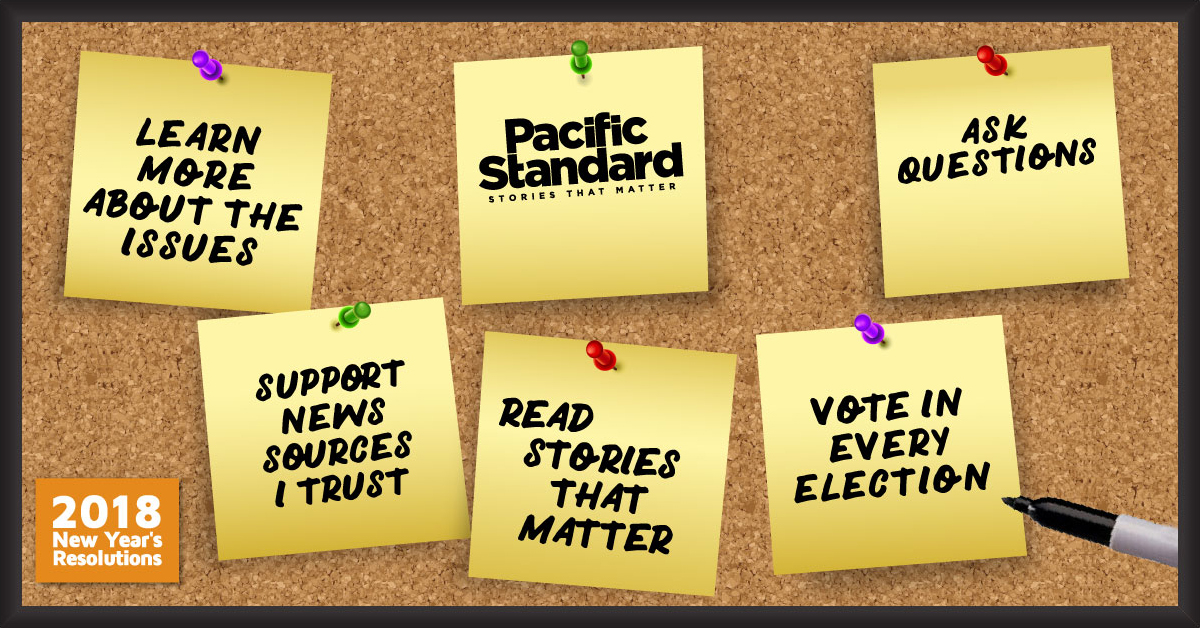Want to help a friend stick to his New Year’s resolution to go to the gym more often? Try asking him, “Are you going to the YMCA tonight?” Research suggests that may work better than telling him he should go, or passively aggressively hounding him with, “You’re going to the gym tonight … right?”
That research comes from four decades of experiments that show asking people questions can alter their behavior, sometimes for up to a year afterward. The so-called question-behavior effect has been found to prod people to get screened for cervical cancer, not to cheat in college, and, yes, to go to the gym. Now, in an analysis published this month in the Journal of Consumer Psychology, a team of researchers from various American universities reviewed the evidence showing that questioning works and offered an explanation for why, based on what they’ve seen in past papers.
“When you ask a question, it basically creates a spring-loaded intention,” says David Sprott, a dean at the Washington State University school of business and one of the study’s authors. Plus, he says, questions remind people of social norms and their own past failures: “You failed to go to the gym in the past. You don’t always recycle. It’s that disconnect between what we should do and what we know we have done that motivates us.”
Such insights could help strengthen behavior-altering campaigns. An immunize-your-kids public service announcement could include a question and reinforce social norms: Ninety-five percent of parents get their kids vaccinated before kindergarten. Will you make sure your child is up to date?
Some uncertainties remain about how to best deploy the question-behavior effect. In fact, our gym-buddy example touches on one. A person’s relationship with the question-asker can obviously make a big difference to how he responds. The effect of interpersonal relationships on the question-behavior effect hasn’t been studied, Sprott says. In addition, it’s unclear how well questioning works to reduce smoking, drinking, and drug use. Physical addiction may be a complicating factor there, Sprott says.
Still, there’s enough evidence to suggest questions could be the way to go in public-interest ads encouraging people to change certain habits. Many studies showing a positive outcome of the question-behavior effect were conducted in labs where participants read questions on a computer or a piece of paper. It’s a bit akin to seeing an ad in a magazine, or in your Facebook feed. “That suggests that when a person sees this, they can ruminate on this themselves,” Sprott says.
Am I going to the Y tonight? Yeah, I think I will.




